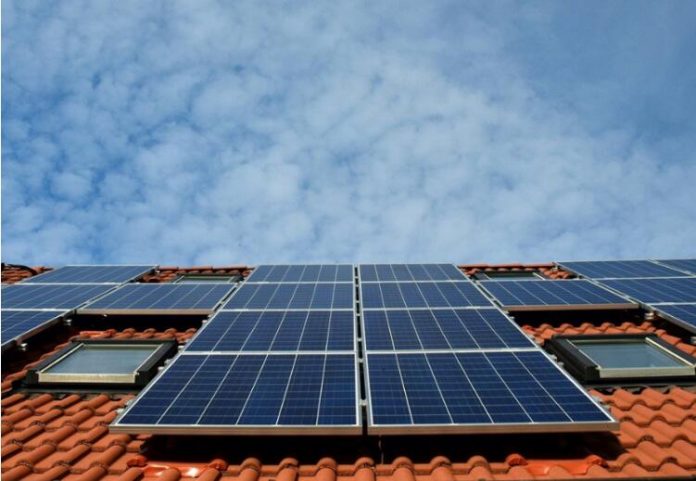Cumulative rooftop solar installations crossed the 5 GW mark at the end of 2020 but still make up a small portion of the 40 GW of solar installed in the country.
A total of 719 MW of rooftop solar capacity was added in 2020, a 34% decline year-over-year. Things turned around for the rooftop solar market in the second half of the year, with installations improving significantly. Fourth-quarter was the strongest for rooftop installations, and the momentum was expected to continue into Q1 2021.
However, a government directive on net metering and gross metering has threatened the future of rooftop solar installations. It mandates that net metering will apply only to installations with loads below 10 kW and gross metering for loads above 10 kW.
The net metering rule has caused widespread anxiety among stakeholders who fear that it may decimate the Indian rooftop solar segment.
So, what hope does rooftop solar have while competing with ground-mounted solar installations?
On April 8-9, 2021, Mercom will host the ‘Mercom India Solar Summit 2021,’ with a session exclusively to discuss the future of rooftop solar in India. The session ‘Can Rooftop Solar Come out of Ground Mount’s Shadow and Be The Next Big Thing?‘ will be held on April 9, 2021, from 11 AM. To register, you can click here.
The panel discussion will feature Abhishek Ranjan, Vice President BSES Delhi; Shishir Singh, AGM, Tata Power DDL; J.J. Gandhi, Chief Engineer (Technical), Paschim Gujarat Vij Company Limited; and Pinaki Bhattacharyya, MD, and CEO, AMP Energy India.
Industry stakeholders will participate in a dialogue and share ideas on facilitating growth in the rooftop market and how to address challenges when dealing with DISCOMs.
This discussion will focus on accelerating the deployment of rooftop solar PV systems in India and what lessons India can incorporate from successful and high-growth rooftop markets like Australia and Vietnam.
Last month, the Ministry of New and Renewable Energy issued amendments to the rooftop solar program’s Phase II guidelines. The Ministry clarified that only the grid-connected rooftop solar systems installed in the area of the DISCOM would be considered for the calculation of incentives.






